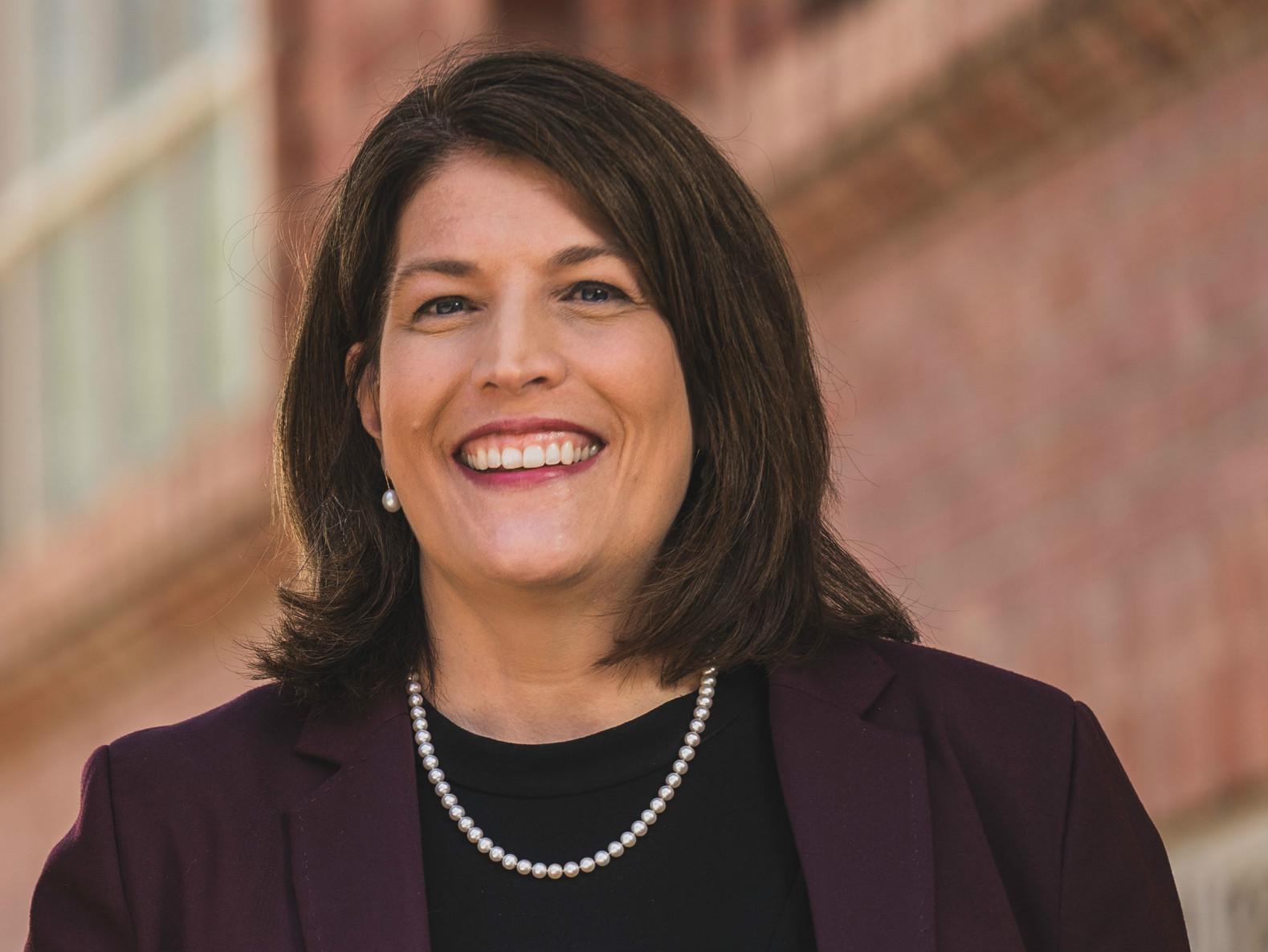Helping Indonesian dairy farmers

We are leading a major international collaborative project to help West Javan and North Sumatran dairy farmers significantly increase the quantity and quality of the milk they produce, and achieve sustainable growth.
Despite our relatively small population, our Australian dairy industry, from farmgate to manufacturing and export is valued in the billions. A large part of this success can be attributed to widespread adoption of best-practice farm management approaches and efficiency-enhancing technologies. This in turn advances local industry knowledge and capability.
Now with the help of a project funded by the Australian Centre of International Agricultural Research (ACIAR) we’re helping to share the benefit of that accumulated expertise with one of our closest, and largest, international neighbours—Indonesia. The five-year collaborative “IndoDairy” project was designed to provide a much-needed boost to struggling smallholder dairy farmers’ in West Java and North Sumatra.
Producers in these regions face significant challenges. But according to project leader Professor Wendy Umberger, the research team’s stated goal of increasing quality and quantity of milk produced by thousands of smallholder dairy farmers is within reach.
“The dairy supply chains in West Java and North Sumatra currently suffer from poor economies of scale, limited forage availability, poor quality, a lack of knowledge in animal health practices, and very limited business skills, particularly at the farm level,” says Professor Umberger.
“But we’re optimistic we can address key issues that are limiting the growth of Indonesia’s dairy sector, and also help develop local farmers’ capacity to ensure the sector’s sustainable development.”
In its first year of operation, the multi-country, multi-disciplinary research team conducted a baseline dairy-farm survey and interviewed key players throughout the chain. This socio-economic work identified existing and future whole-of-chain opportunities for industry and government, and barriers currently in their way. Analysis of the data from this survey, collected digitally, has informed the design, testing and deployment of innovative practice-change programs in collaboration with Indonesian project partners.
“We’ve already been able to create opportunities for local producers to incorporate innovative and relevant agronomic, dairy science, social and economic knowledge and research into practice through effective communication with their dairy cooperatives,” adds Professor Umberger.
“The practice-change programs, which are currently underway, are building extensively on this foundation. Dairy industry professionals from Australia are providing training for the Indonesian farmers in best-practice production and farm management.”
Complementing the direct work with producers, the project team is simultaneously engaging Indonesian dairy industry policymakers and influencers. A Policy Working Group (PWG) has been established, including representatives from the: Coordinating Ministry for Economic Affairs; Directorate General of Livestock and Health Services; Indonesian Dairy Farmers Association; and project partners the Indonesian Centre for Animal Research and Development (ICARD), Indonesian Centre for Agricultural Socio Economic and Policy Studies (ICASEPS) and the Bogor Agricultural University’s School of Business (SB-IPB).
Professor Umberger says the PWG will play an important role in helping the work act as a catalyst for the growth and development of the Indonesian dairy sector, but could also lead to further collaborations between the two countries.
“We’ve effectively created a blueprint. Our project methodology can now be readily adapted to identify value-chain issues and develop solutions for other industries in the Indonesian agrifood sector.”
Featured researcher
Professor Wendy Umberger
Executive Director CGFAR
Centre for Global Food and Resources
Faculty of the Professions

